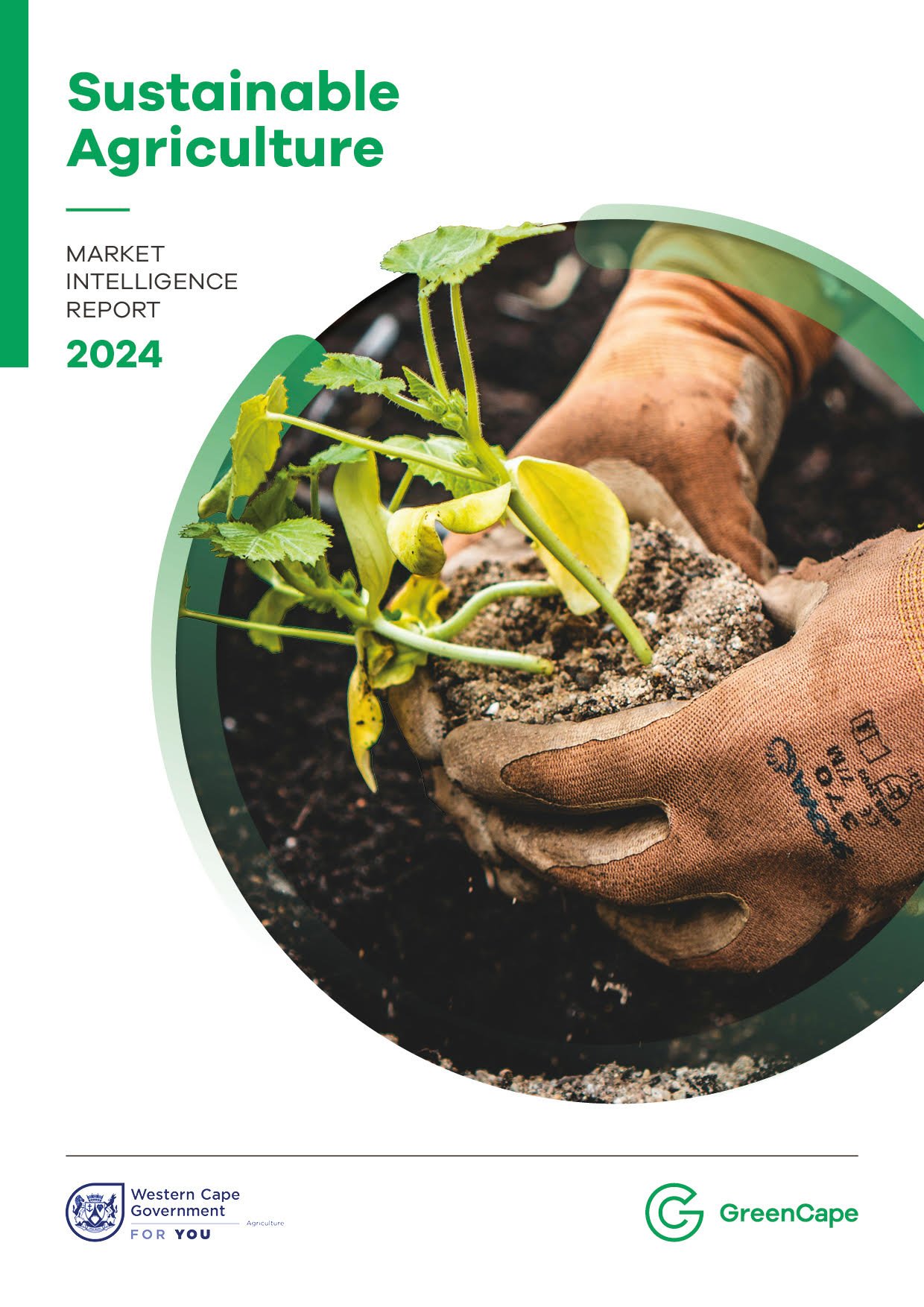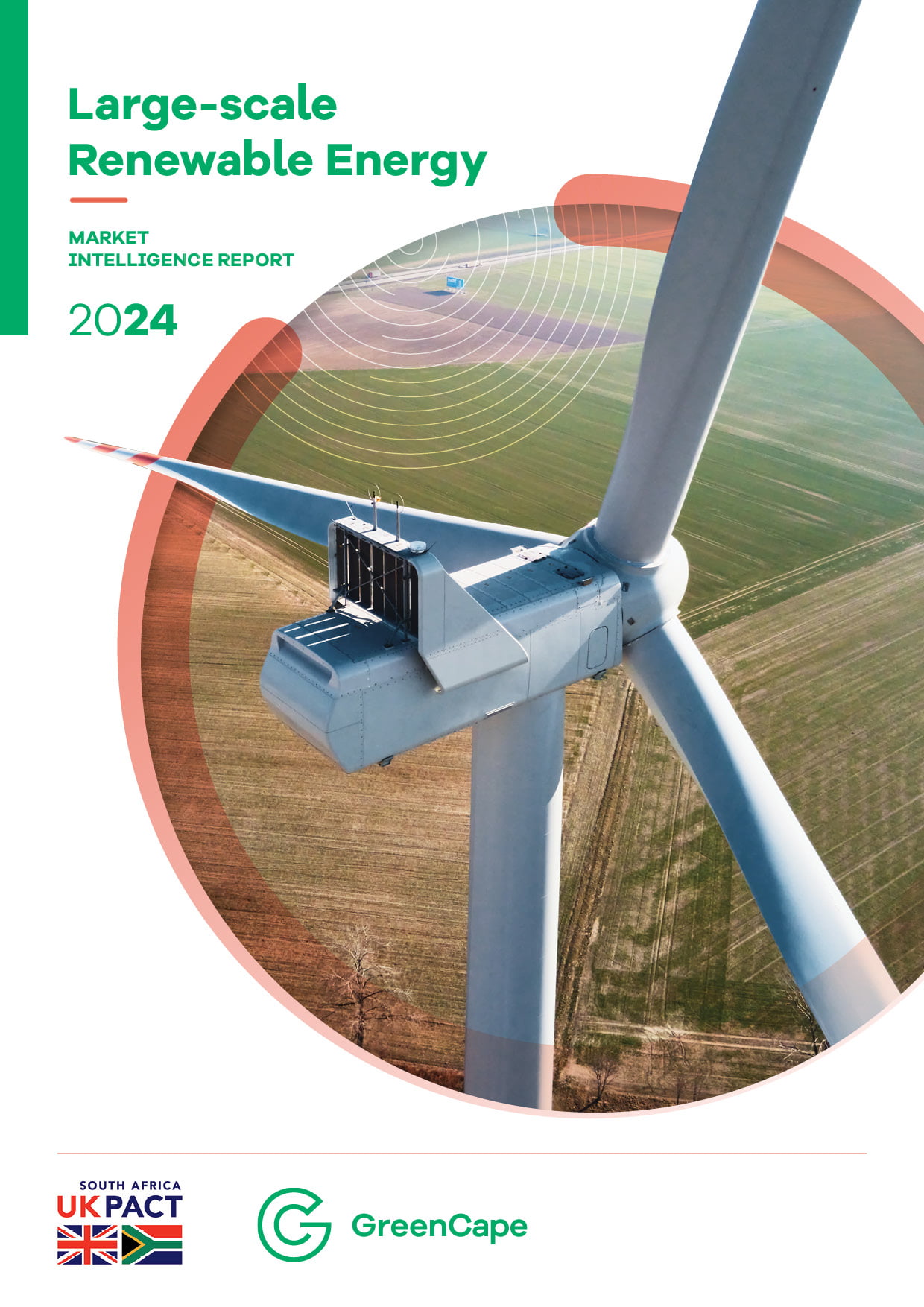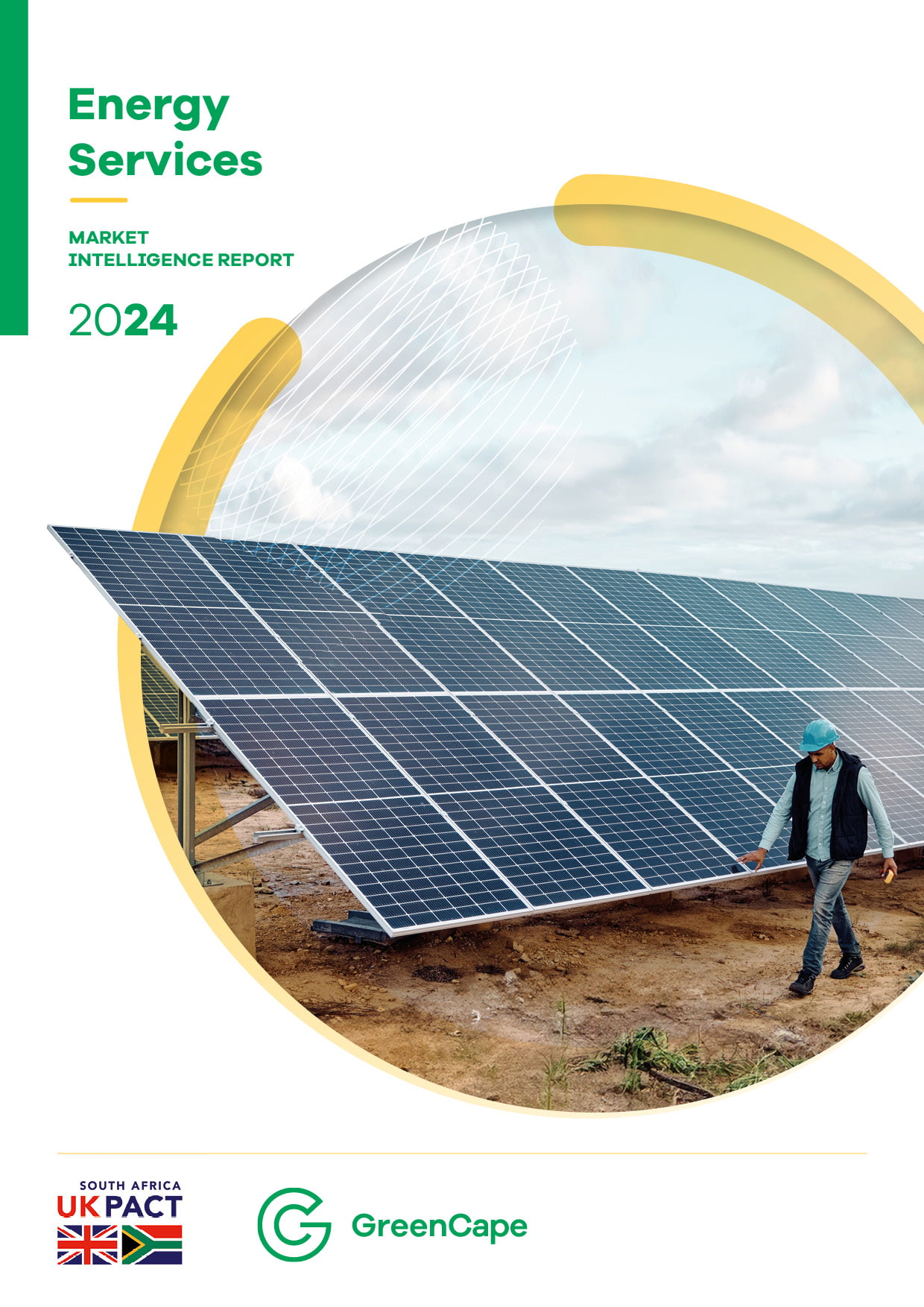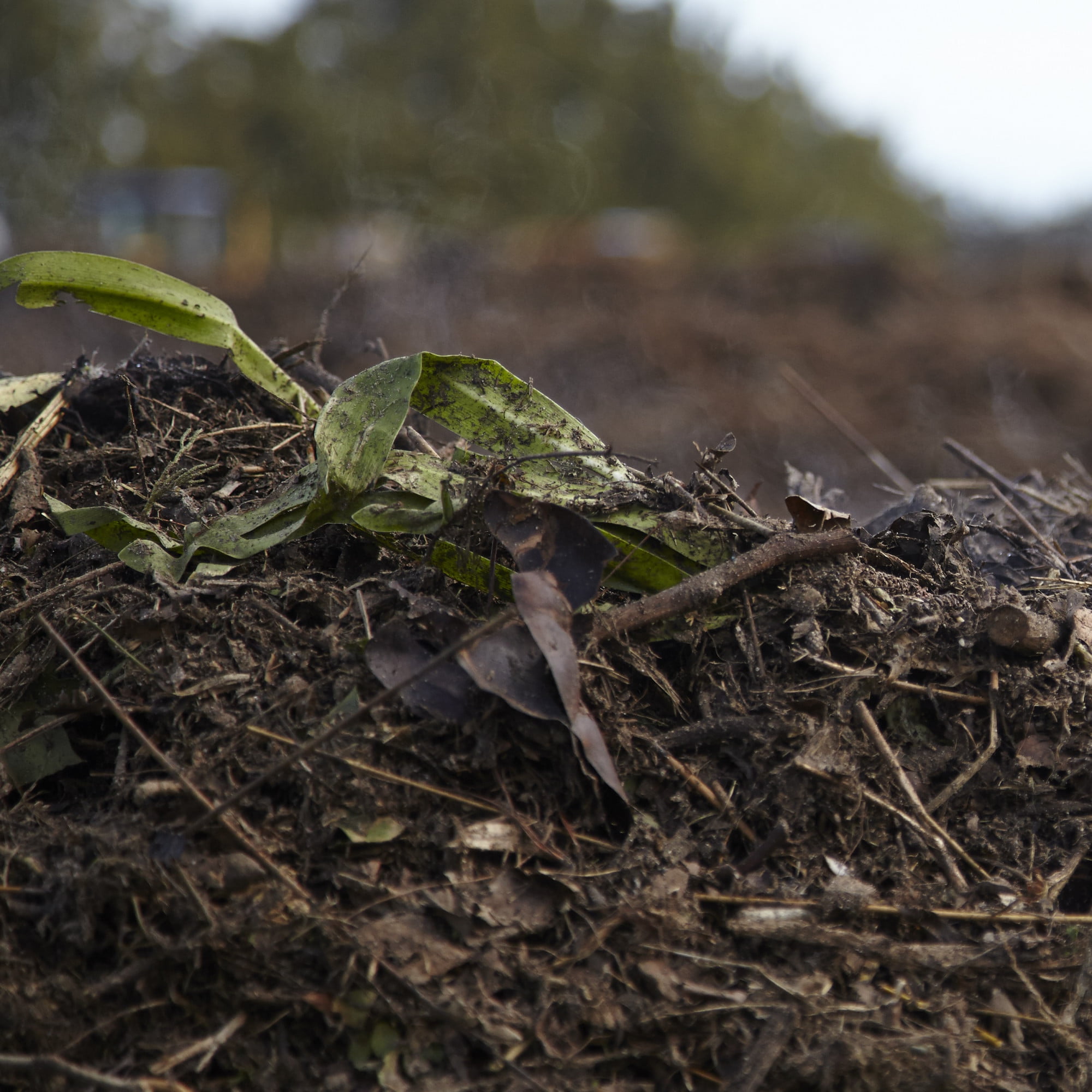In 2011, South Africa wasted 27% of its produced and imported food. This resulted in the generation of an estimated 10.2 million tonnes of food waste along the supply chain. Unlike more developed economies, which experience substantial food waste at the postconsumer stage, South Africa’s food waste takes place before the consumer:
- Agricultural production – 26% lost;
- Post-harvest handling and storage – 24% lost;
- Processing & packaging – 25% lost;
- Distribution & retail – 20% lost;
- Consumer – 5% lost
In addition to the obvious social and environmental impacts of food loss, there are financial and business brand implications. In 2011, the total cost of edible food waste was estimated at R61.5 billion, which equated to ~2.1% of South Africa’s GDP that year. Such figures illustrate inefficiencies in South Africa’s food supply chain, but also highlights opportunity loss.
The Western Cape will be the first province to implement landfill restrictions of organic waste, including food waste. By 2022, municipalities will be required to divert 50% organics from landfill, and 100% by 2027. This includes organic waste from businesses.
With increasing overheads, and a changing regulatory landscape that seeks to disincentivise/restrict disposal and incentivise beneficiation, businesses will need to find solutions to reduce food loss and waste or risk losing their competitiveness
GreenCape has published an industry brief which is written for businesses throughout the food supply chain that generate food waste and residues which are either disposed at landfill, or are not extracting full value.
To download this industry brief for free, click here.



